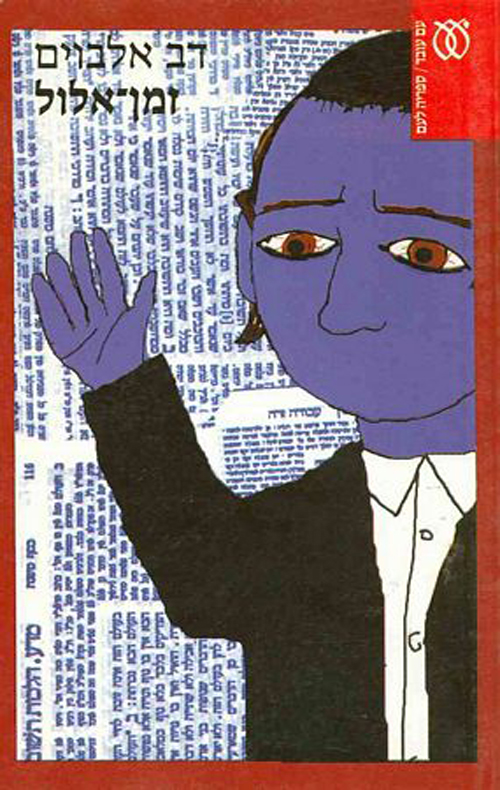
The Month of Elul
Ultra-Orthodox Jewry lives in a closed world whose rigid rules exclude not only non-Jews but most of Israel`s secular Jewish majority. In his first novel, Elbaum, born into this world which he left at 17, describes life in one of its boarding school yeshivas in Jerusalem. That is where 14-year-old Nahman, studies without any heretical thoughts. Yeshiva life is portrayed through his eyes with utter authenticity. But the novel does not only show us an exotic world: it also lets the reader into the soul of an adolescent. The first sparks of sexuality and physical change create a sense of sin and guilt in Nahman, and he struggles hard against the Evil Inclination. He wishes to be pure and find favor with God so as to save his sick mother. Around him, however, he sees a ferment of fanaticism and superstition, corruption, intrigue, power struggles and sensuality.
In the month of Elul, two weeks before Yom Kippur, when according to Jewish tradition God judges man for his sins, Nahman undertakes a regime of penitence. He makes a vow of silence and later gives up eating and sleeping, devoting himself to study and thoughts of repentance. Physical and mental suffering are heightened by social isolation, for his friends avoid him. However, instead of breaking down, Nahman emerges stronger from the confrontation with his natural urges. But purity is far, far away. The world around him is full of Ashkenazi racism against Sephardim, of misogyny and of homophobia, and of deep ignorance that compounds the contempt for the secular world. In this setting, Nahman is a deviant who arouses our sympathy.

